Even though my keen abilities to imitate and observe people may seem null and inconsequential, I believe they’ve greatly helped me in the translation field. For example, it’s been almost a year since I decided to become a professional translator, and during this time I’ve paid close attention to many successful and highly recognized translation professionals. I’ve watched how these renowned translators operate and connect with their audience and observed how they’ve placed themselves in a position of respect and value. And even though the thought of watching people so closely may seem creepy for some, it’s by far one of my favorite ways to stay on track and keep moving uphill.
So, after much observing and following, I’ve found that well-established translators seem to evenly excel on four skills: language(s), writing, specialization(s), and business skills.
When it comes to language skills, many people feel bilingualism is the key to a successful career in translation. But there’s a problem with this statement. There are many different definitions and perceptions of what a bilingual person is, and this fact makes it difficult to trust that a person who’s bilingual can also be good at translating. But one thing I’ve learned for sure–
This statement is very important as this is a core skill that sometimes isn’t given the importance that it deserves. Having a balanced, native-like understanding of the language(s) you work with is crucial. For example, if your language skills are strong in your target language, but are not so great in your source language, such an imbalance will have an impact on your productivity and motivation. Likewise, if your target language skills are weak and you are not lucky enough to live in the country where your target language is spoken, that could present a problem and create stress and frustration.
Writing skills go hand in hand with language skills; it’s the one core skill that can be improved with practice but cannot be acquired from scratch. In other words, many translators are great writers by nature, and although I do believe writing skills can be enhanced through study and practice, our individual natural abilities play a role in the extent of our improvement. If they didn’t, anyone could become a pro and turn into an amazing writer (or the next Messi!) at anything he/she wants, simply through study and practice. I think it’s safe to say that if you’re an excellent writer in your native language, those skills will easily carry over to your target or source language. But if you struggle with your writing in your native language, you’ll most likely struggle in your other languages as well. But, as I mentioned, it’s a skill that can be greatly improved through much practice and dedication.
One of the things that were hard for me to establish from the get-go was my specialization. I enjoyed a variety of topics and didn’t have a preference for any—until recently. I had an opportunity to bid on a project for an advertising agency and was fortunate to get the job. From this experience, I learned that charging on a per-project basis can be more lucrative than traditional pay-per-word translations. I also discovered that I was good at translating highly creative material, which inspired me to learn more about transcreation and offer a new specialty. So, picking a specialty will always work in your favor. It’s a way to set learning boundaries that’ll eventually make translation within the specialty more familiar and easier, increasing your productivity.
Now, let’s talk about business skills. I know, I know…who knew that this one would be one of the four core skills, but there’s no way to go around it. Business skills entail many things—listening and speaking abilities, setting up your own business website, developing a marketing plan for contacting potential clients, being consistent with follow-up methods, contracts and invoicing, dealing with difficult clients, staying active in social media, and the list can go on.
To make it as a translator, you must learn to function in the business world, and for many translators, this isn’t an easy task. Most translators are good with words, but not so great in the business and marketing department. If you’re a translator who wants nothing to do with the business aspect of translation, then working for agencies would be your best bet. But if your goal is to be more than just the average translator, you should do a bit more than just wishing for the best. You must put yourself out there for people to know about you.
I love to follow Corinne McKay and her blog, Thoughts on Translation. I treasure her dedication and the wisdom she’s always willing to share. Through her posts, I have become acquainted with her language skills, her writing style, and her business etiquette. But most importantly, I have seen how, through hard work and dedication, she continues to implement these four core skills daily, becoming one of the most well-known and recognized translators in the industry. And like her, there are many translators out there who can be our inspiration to continue to try a little harder and to reach a little higher.
So, what’s the conclusion? When it comes to these core skills, we’re all at different levels of development. But the key is to be true to ourselves and recognize which areas are in major need of improvement. If your language skills are a bit rusty in your target language, establishing a rescue plan to solidify your target language skills is vital. Likewise, if your writing skills are not at their best, signing up for a writing course, starting a blog and writing regularly, or having another translator proofread your translations are excellent ideas for improvement. The key is to have a plan and to be focused enough to act upon it.
Think about translators you truly admire. What do you like about them? What are their strengths? What are some strategies they implement that you haven’t tried yet? There’s nothing wrong with being a little creepy and closely observing those you look up to. It may just be the inspiration that you need to shake you a little and inspire you to try harder.
About the author:
Beverly Hayes is an English to Spanish professional translator specializing in translation & website localization in the following areas: social sciences, education, healthcare, marketing, advertising & business. A mother of five, Beverly is the founder/owner of Spanish Connect Translations, a translation agency based in Rexburg, Idaho. She graduated from Brigham Young University in Provo, Utah with a Bachelor’s degree in Clinical Laboratory Science, and in December 2015 she completed her Master’s degree in Spanish Linguistics from New Mexico State University in Las Cruces, New Mexico. Being a stay-at-home mom for most of her life, Beverly has now taken upon herself a new goal–to contribute to the world in a different way by jumping on the entrepreneurship bandwagon. She has the education, the cultural background, and the writing skills that are necessary to succeed in this competitive field and provide a quality product that will stand out among the rest. You may visit her website at spctranslations.com, or contact her via Twitter: MySpanConnect and email: beverly@spctranslations.com.


As a child, I remember my family and I visiting great-uncle Plácido a couple of times a year. He lived in the cute and mountainous town of Orocovis, Puerto Rico with his wife, Panchita. Panchita had a very peculiar way of speaking. Her intonation was squeaky and very memorable–at least to me–and it was always a treat for my family to hear me talk like her. To this day, they still ask me to talk like aunt Panchita when I go down to visit! My kids and husband get a kick out of my observant nature; even one of my daughters has become a mini-me. You can’t deny those genes!